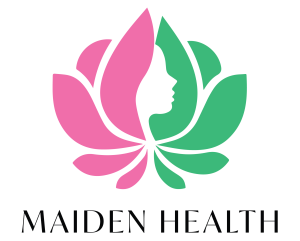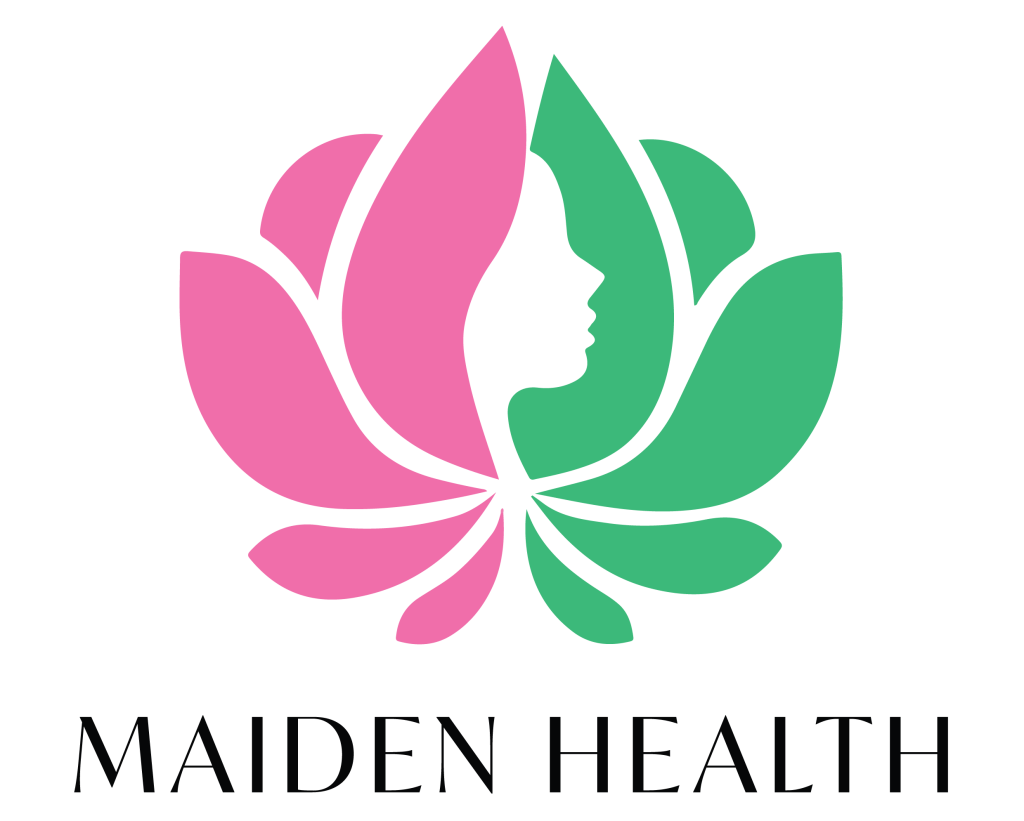At Maiden Health we believe strongly in empowering women with as much choice over their fertility as is possible, and we are proud to offer egg freezing as one of our services.
Egg freezing is an increasingly popular option for many Australian women. This might be for a range of reasons. Perhaps you aren’t quite ready to start a family yet, or maybe you are unsure if you ever want to have children — but want to reserve that final decision for the future. You may have received medical advice that you may go into early menopause, or your oncologist has advised you to preserve your eggs before cancer treatments.
Whatever the reason, we are here for you. Egg freezing is not an absolute guarantee of a future pregnancy (and it’s important that you go into this journey knowing that), but it is an extremely empowering and strategic step that you can take to significantly improve your chances of becoming pregnant when you are ready.
How successful is egg freezing?
The scientific news on that front is excellent, with recent Australian research collected over 10 years showing that frozen eggs are JUST AS GOOD AS FRESH when it comes to falling pregnant, with fertilisation rates between 65 and 70%* . (It’s important to realise that not all fertilised eggs become embryos and not all embryos become pregnancies, but this is also the case with fresh eggs.)
When should I freeze my eggs?
We always suggest that the earlier you can do this, the better. This is for two reasons. The first is that the younger you are, the more eggs tend to be retrieved per cycle. The more eggs, the more chances of success! And possibly, the less rounds you have to do and less money you have to spend.
The research also shows that the ‘younger’ your egg upon collection, the better chance there is of the egg thawing and fertilising successfully and becoming a healthy pregnancy. The best indicator of egg quality is age. For this reason, we see young women come in to freeze their eggs as early as 25, right through their 30s.
I’m 40, can I still freeze my eggs?
Egg freezing can be considered if you are 40. However, this is one to discuss in detail with your fertility specialist. Older women do not have as many eggs, and the quality of the eggs is not as good as those of younger women. For this reason, it may be better to consider other options such as freezing embryos.
We will explore this with you and present you with tailored options depending on your individual circumstances.
How does egg freezing actually work?
We see a lot of women arriving at our clinic who know they want to freeze their eggs but are unsure about the medical procedure. They might think that as they’re not doing an IVF round, that they can skip the hormone injections they’ve heard about. We’re afraid not. Egg freezing is exactly the same process as IVF, up until the point where we have retrieved the eggs.
In practice, this means you will have roughly 2 weeks of hormone injections to grow the egg follicles before we put you under a mild anaesthesia to harvest the eggs. During that 2 weeks you will have several ultrasound appointments at the clinic to check on the size and number of eggs before we know it’s go-time!
How will I feel during an egg freezing cycle?
Just like in a woman’s menstrual cycle, the way one woman feels is not the same as another. Women vary hugely in how they experience the egg freezing process. For most, the biggest feeling will be one of bloating and ‘fullness’ as the eggs mature. This is because in a normal cycle, 11-20 eggs are released but only one is ‘chosen’ by the body to mature to fullness. In egg freezing/IVF cycles, we use hormones to encourage as many as possible to mature, so it can get pretty full in the ovaries which can feel a bit odd.
Other side effects can be fatigue, constipation, and headaches, but most women are able to work and carry on with their lives with little to no problems during this stage. You will need the day off work for your egg pickup procedure, and while you may want to book an additional day off, most women return to work the next morning without issue.
There is a very small risk of ovarian hyperstimulation, where the hormone injections work ‘too well’ and create too many eggs. This is very rare but can be very serious, so it’s important to monitor how you’re feeling and get in contact with your fertility specialist or a medical professional if you are feeling symptoms including nausea, severe abdominal pain, shortness of breath or rapid weight gain during your cycle.
Will egg freezing make me emotional?
Possibly. The hormones in an egg freezing cycle can cause mood fluctuations in some women over the 2-week period, while others notice little difference. Aside from the hormonal changes from medication, women can also feel some anxiety during this time about the outcome of the cycle, and that’s completely normal.
Can anything go wrong?
On rare occasions, a patient will get no eggs from a cycle, whether because no eggs matured to full size, or the follicle ruptured before the eggs were retrieved. And in that rare case, we would modify their hormone dose or course timing, and try again. It’s not easy to hear the news that a cycle didn’t work, and we are always here to support our patients and encourage them to try again when they are ready.
What happens after egg retrieval?
After the procedure, you’ll be informed how many eggs were successfully harvested, and your eggs will go off to Genea’s high-tech lab to be frozen. (Note that you will have to pay a monthly storage fee for the eggs until you use them.)
Next you’ll have a conversation with your fertility specialist about whether you should book in for more cycles to gather more eggs — or if it’s time to go off and live your life until you are ready to have a baby!


